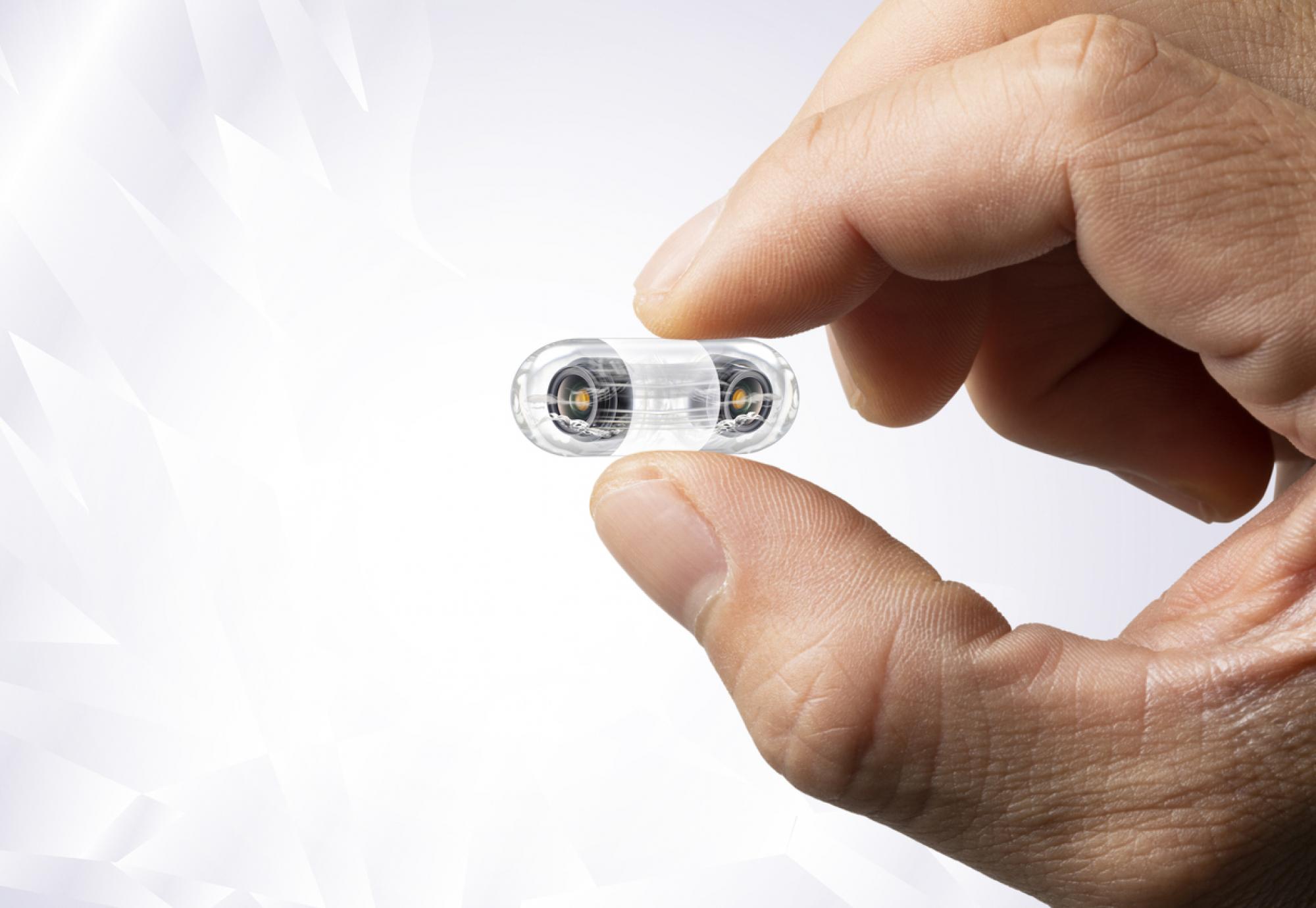The James Cook University Hospital – which forms part of the South Tees Hospitals NHS FT – has adopted the use of pill-sized cameras to investigate and diagnose bowel abnormalities.
Patients would have previously had to undergo colonoscopy procedures at the hospital. But one of the benefits is that patients who are eligible will be given the option to undergo the examination at home.
This will help remove some the pressure put on the NHS, avoiding the need to travel and time spent waiting for the procedure to be carried out, resulting in more efficient patient care
The camera measures around 3cm long, featuring a bright light, and two tiny cameras on either side of it. Patients will receive a data belt when they arrive for their initial appointment, which must be worn for the rest of the day. They will then swallow the camera during their hospital outpatient appointment, before it moves through their body and photographs their bowel. The images will be wirelessly sent to the belt as it passes through their body, before naturally discarding.
Once the belt is handed in, the endoscopy team at the hospital will download and analyse the footage recorded, the next morning.
Dr Andrew Douglass, Consultant Gastroenterologist, said: “The ability to offer video capsules at James Cook further expands the diagnostic services we have available to help manage our patients with abdominal symptoms. This none-invasive procedure will help reduce waiting times, increase patient comfort and allow the endoscopy team to prioritise cases.
“I am thrilled that we are now able to offer this alternative endoscopy for our patients.”



















